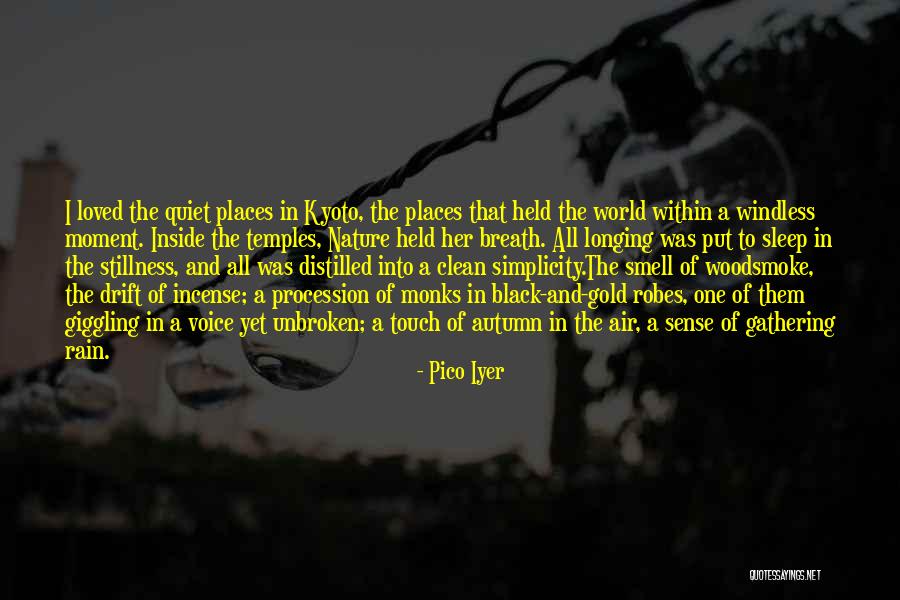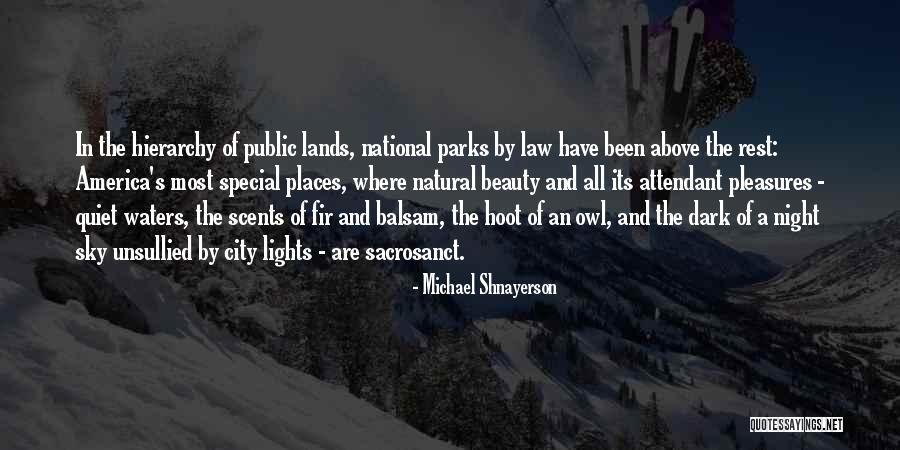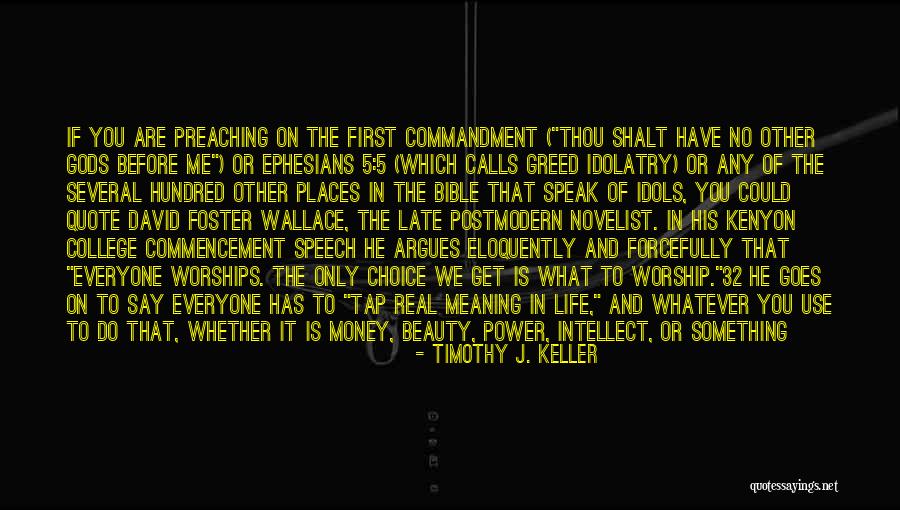Quotes & Sayings About The Beauty Of Quiet Places
Enjoy reading and share 3 famous quotes about The Beauty Of Quiet Places with everyone.
Top The Beauty Of Quiet Places Quotes

I loved the quiet places in Kyoto, the places that held the world within a windless moment. Inside the temples, Nature held her breath. All longing was put to sleep in the stillness, and all was distilled into a clean simplicity.
The smell of woodsmoke, the drift of incense; a procession of monks in black-and-gold robes, one of them giggling in a voice yet unbroken; a touch of autumn in the air, a sense of gathering rain. — Pico Iyer

In the hierarchy of public lands, national parks by law have been above the rest: America's most special places, where natural beauty and all its attendant pleasures - quiet waters, the scents of fir and balsam, the hoot of an owl, and the dark of a night sky unsullied by city lights - are sacrosanct. — Michael Shnayerson

If you are preaching on the first commandment ("Thou shalt have no other gods before me") or Ephesians 5:5 (which calls greed idolatry) or any of the several hundred other places in the Bible that speak of idols, you could quote David Foster Wallace, the late postmodern novelist. In his Kenyon College commencement speech he argues eloquently and forcefully that "everyone worships. The only choice we get is what to worship."32 He goes on to say everyone has to "tap real meaning in life," and whatever you use to do that, whether it is money, beauty, power, intellect, or something else, it will drive your life because it is essentially a form of worship. He enumerates why each form of worship does not merely make you fragile and exhausted but can "eat you alive." If you lay out his argument in support of fundamental biblical teaching, even the most secular audience will get quiet and keep listening to what you say next. — Timothy J. Keller





